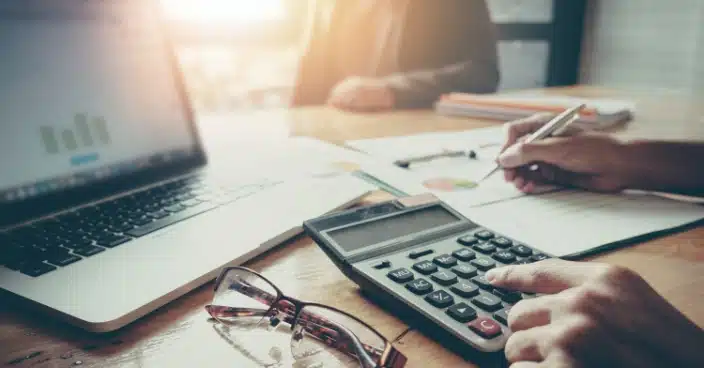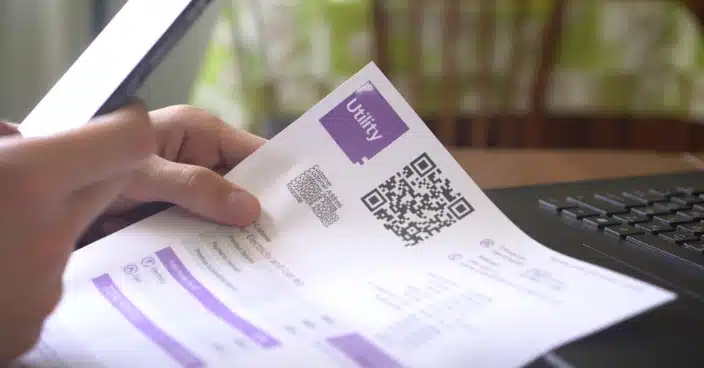What if I can’t afford to repay my tax debt?
If you can’t afford to repay your current debt, you may be able to set up a payment arrangement with the CRA.The payment arrangement is a payment plan between you and the CRA that allows you to repay the full balance of your tax debt over time.
The payments are based on your ability to pay until you have paid your debt and interest charges in full.
What is the penalty for missing tax debts?
Missing tax debts is known as tax evasion and is considered to be an offence,Details of the offence are outlined in Section 238 of the Income Tax Act which states the penalties for failing to file a tax return if you’re required to do so.
You will be held liable for failing to file and could be fined anywhere between $1,000 and $25,000.
In some instances, tax debt could lead to legal action and result in one year in prison.
What actions can the Canada Revenue Agency take to collect tax debts?
The CRA has the power to force collection action to reclaim unpaid tax debts.There are several ways the CRA can collect tax debts, including wage garnishments, seizing investments, freezing bank accounts or registering a lien on a residential property.
It’s important to be wary if you’re contacted by someone purporting to be from the CRA.
A number of people receive calls and texts from fraudsters claiming to work at the CRA. Remember, the CRA will never ask for your personal or banking information over the phone.
If you’re worried about the CRA taking collection action you should speak with a professional to help provide a tax debt solution.
Warning signs of tax debt
If you owe money to your taxes, you will hear from the CRA. The below signs, however, are things you should also be on the lookout for:- You are receiving repeat demand notices to pay your outstanding bill
- Your income has been garnished or seized
- You receive a letter stating the CRA are going to put a lien on your property or seize it
- Experiencing stress or anxiety over how you are going to pay your taxes
- Avoiding the topic with others
- They express signs of stress or irritation when the topic is brought up
- Not discussing their finances openly (if they usually discuss this willingly)
- Hiding certain letters (if you live with someone)
How to get tax debt help
Tax debt is a serious problem but it isn’t one that can’t be solved. It’s important to be aware of the help available to tackle the problem head-on.Speak up – It isn’t always easy to see the support network around you, sometimes just talking to someone you trust can help you to discover the help you maybe didn’t know you could have.
Sound advice – Contact the CRA, they will have options to help you set yourself back on the right path with your taxes. The CRA may help with a payment arrangement. If the debt is high, it may also be an option to contact a tax accountant or tax lawyer.
Here to Help – Taxes can be scary and confusing, but at A Fisher & Associates our experts are not here to judge. We can offer you immediate free and confidential advice to help you find the best solution for you. Our experts will discuss your tax debt as well as what you owe to other creditors to paint a picture of your financial situation.
They will discuss your debt relief options with you, including the possibility of filing a consumer proposal. A consumer proposal will freeze penalties and interest on debts and can provide debt forgiveness.
How to deal with tax debt
The first step you can take is to get on top of your tax situation by completing and submitting all outstanding tax returns. It might seem overwhelming, but once you see exactly what you owe, you will be better prepared to figure out how to manage your debt.If you couldn’t pay your tax debt due to events beyond your control, like a serious illness, natural disaster, or loss of employment, you may apply for tax relief and see if you qualify to have penalties or interest cancelled or waived.
How tax debt can affect your life
Tax debt is serious and should be treated as a priority. Ignoring your tax obligations can lead to serious financial problems that could lead to penalties.Personal Finances
Not paying your taxes or filing a tax return before the end of the financial year will result in not only interest being added to your bill, but you will also be charged a penalty fee. Given that the charge is 5% of the amount owing and 1% for each month that you are late.The Canada Revenue Agency (CRA) can also seize your pay either in part or in full and can even seize your property until the debt is paid. Having income seized can have a serious impact on your financial situation and leave you unable to pay your bills. This will often leave people no choice but to take out further credit to help either pay their tax debt or to cover them until they can arrange payment.





